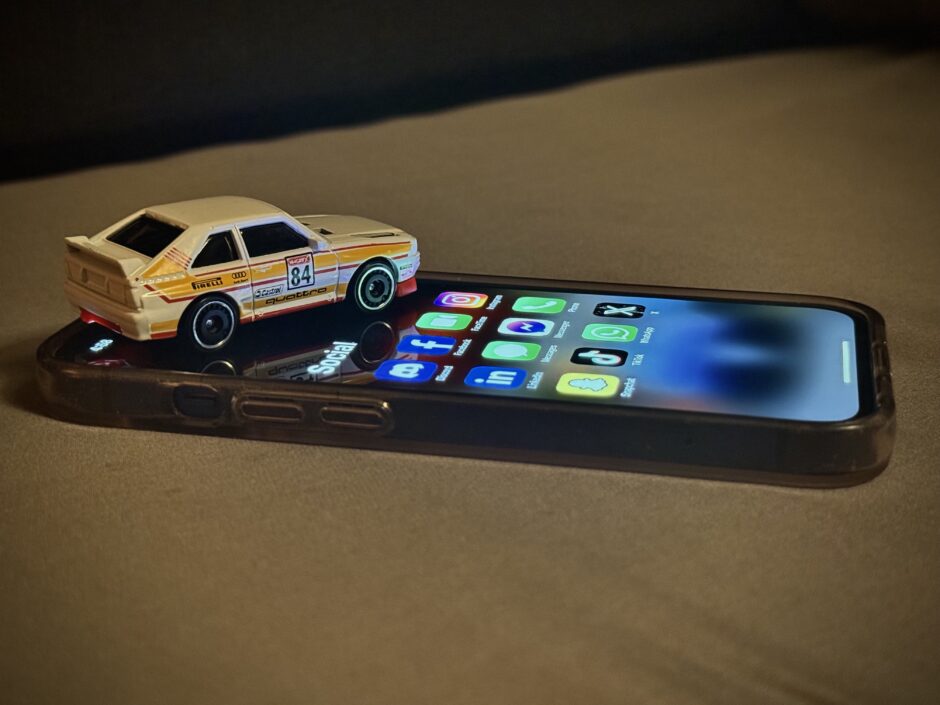Opinion: Why we shouldn’t care about cringe culture

Cringe culture is a relatively new thing to members of “Gen Z.” We’ve all seen them suggested to us on social media: cringe compilations, try not to cringe challenges, entire meme pages dedicated to those they deem “cringey”. The word eventually makes you, well, cringe. However, I need to ask, why does all of this matter anyway?
Cringe culture is a way of reintroducing shame-guilt-fear culture. Shame-guilt-fear culture is a sociopolitical term which describes the idea of excluding people because you feel that they do shameful things, they do things that they should feel guilty about or they do something that makes others fear them.
While it has its place, shame-guilt–fear culture eventually became a way of vetting out “undesirable” people in the 19th century. It would be an easy way to whistleblow people of colour, queer individuals, neurodivergent people, immigrants, the list goes on.
With the sudden fear of cringe culture further developing, it just creates more outsiders. Do you dare to like a cartoon made for children? That’s cringe! Do you dress differently than our social norm? That’s cringe! It’s another way to ostracize people.
Cringe culture is also an excuse to cyber bully people at large. If you post something that someone deems “cringe,” it puts you at risk of being plastered in a cringe compilation. You become a jester because of your passion. The worst part is that the concept of “cringe” is subjective, as most terms are.
So you — yes, you who dared to post a TikTok about something you are passionate about — can be selected at random by someone who doesn’t enjoy your passion. Just like that, you’re made into a public spectacle. The comments aren’t any better. They take the opportunity of screen anonymity to tear people apart. The more vulnerable a person seems, the better.
I’ll tell you something, a secret some of you may not know. All of us are cringey. If you dare to be an individual, you’re subject to being labelled cringey. There’s always something you do that’s cringey. For some, it’s their interest in anime. For others, it’s the way they get excited to ride a rollercoaster. Everyone is cringey.
The Disney movie Turning Red is a good example of how cringe culture is received by the general public. When the movie came out, there was a lot of controversy surrounding the way the characters acted. Mei, our main character, is your average preteen girl. She likes boy bands. She likes to make silly videos with her friends. She tries her best in school. She’s got weird crushes on grody teenage boys. But this was enough for audiences to get upset. Her crushes are cringe. The way she dances on tape is cringe. The way they talk about her going through puberty is cringe. The way she likes to sing boyband songs with her friends is cringe. That’s right, not even fictional characters are immune to the label of being cringe.
If there was one thing I’d ask you to take away from this, is that cringe culture doesn’t matter. It’s always existed, but we’ve always survived it. I promise you that being cringe isn’t the end of the world. Let yourself be passionate and vulnerable. Disregard those who hate you for it. Because for every bully that calls you cringey, there are lots of people who are cringey just like you. Doing “cringey” things doesn’t make you cringey. It just makes you an individual.








